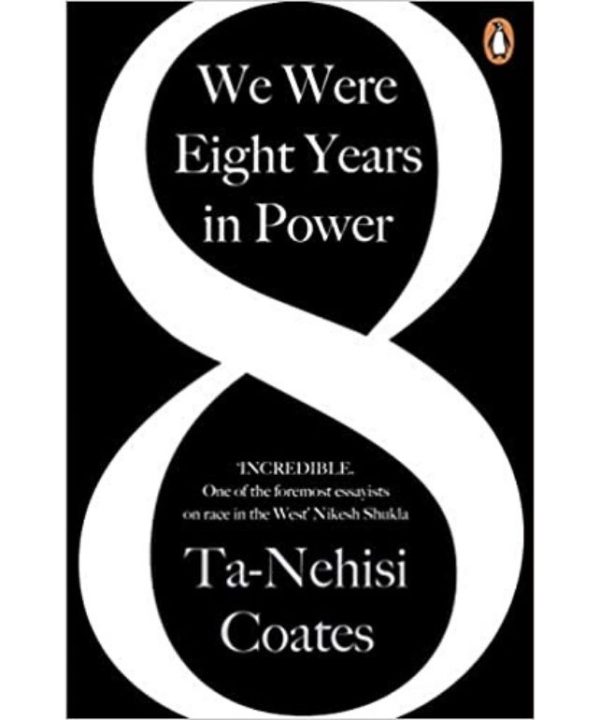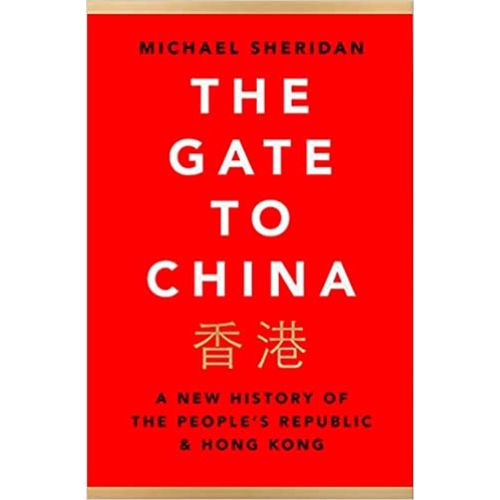-
×
 The Success Principles
1 × ₦17,500.00
The Success Principles
1 × ₦17,500.00 -
×
 We Should All Be Feminist
1 × ₦2,250.00
We Should All Be Feminist
1 × ₦2,250.00 -
×
 Outsider Inside
1 × ₦5,000.00
Outsider Inside
1 × ₦5,000.00 -
×
 Purpose in Crisis
1 × ₦5,000.00
Purpose in Crisis
1 × ₦5,000.00 -
×
 African Entrepreneurs and their Success Stories
1 × ₦1,500.00
African Entrepreneurs and their Success Stories
1 × ₦1,500.00 -
×
 Hope in a Ballet Shoe
1 × ₦5,000.00
Hope in a Ballet Shoe
1 × ₦5,000.00 -
×
 Option B: Facing Adversity, Building Resilience, and Finding Joy
1 × ₦17,500.00
Option B: Facing Adversity, Building Resilience, and Finding Joy
1 × ₦17,500.00 -
×
 We Were Eight Years in Power
1 × ₦5,000.00
We Were Eight Years in Power
1 × ₦5,000.00 -
×
 The Audacity of Hope: Thoughts on Reclaiming the American Dream
1 × ₦18,000.00
The Audacity of Hope: Thoughts on Reclaiming the American Dream
1 × ₦18,000.00
You may be interested in…
-
Add
 Your Problem is That You're Multi-talented
₦5,000.00
Your Problem is That You're Multi-talented
₦5,000.00 -
Add
 Getting Mentorship Right
Rated 5 out of 5₦5,000.00
Getting Mentorship Right
Rated 5 out of 5₦5,000.00











Reviews
There are no reviews yet.